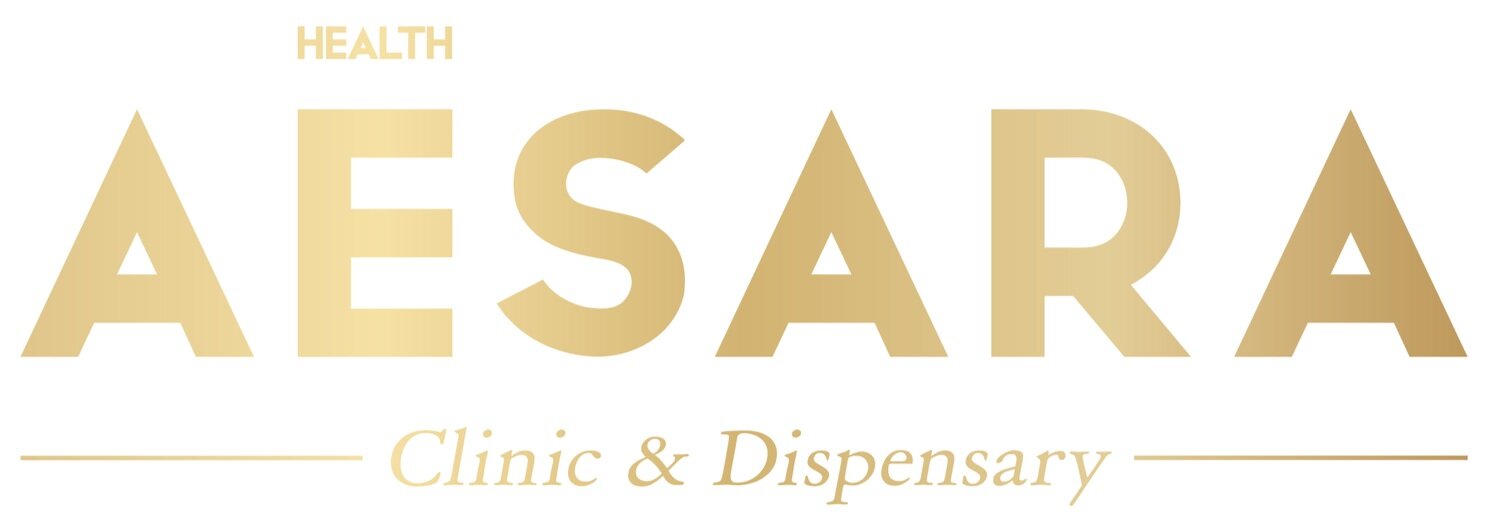Natural Ways to Manage Hay Fever: The Power of Nutrition in Allergy Reduction
Hay fever, also known as allergic rhinitis, can make the most beautiful seasons of the year a misery for many. Sneezing, itchy eyes, congestion, and a general feeling of discomfort can take a toll on your daily life. While there are over-the-counter and prescription medications to alleviate hay fever symptoms short-term, there are also natural alternatives to manage this condition for long-term results! Our favourite approach is to focus on your diet, specifically reducing histamine-forming food, embracing an anti-inflammatory diet. Additionally, understanding the role of gut health in the gut-immune axis and incorporating quercetin-rich foods can offer relief from hay fever symptoms by reducing histamine production.
Histamine and Hay Fever
Histamine is a chemical produced by the body in response to allergens, like pollen, pet dander, or dust. In individuals with hay fever, the immune system overreacts to these allergens, causing an excessive release of histamine, leading to the classic hay fever symptoms. By reducing histamine-forming foods, you can help lower histamine levels in your body, thereby lessening your allergic response.
Common histamine-rich foods include aged cheeses, processed meats, alcoholic beverages, and fermented foods. For hay fever sufferers, it's advisable to limit or avoid these foods as much as possible. Instead, focus on fresh, unprocessed options like vegetables, fruits, and lean proteins.
The Anti-Inflammatory Diet
An anti-inflammatory diet can be a valuable ally in your battle against hay fever. Chronic inflammation in the body can exacerbate allergic reactions and worsen hay fever symptoms. A diet rich in anti-inflammatory foods can help reduce this inflammation, providing relief.
Include plenty of foods like fatty fish (salmon, mackerel), nuts, seeds, and leafy greens in your diet. These are packed with omega-3 fatty acids and antioxidants that have anti-inflammatory properties. Additionally, spices like turmeric and ginger can be powerful natural anti-inflammatories. These foods can help reduce the severity of hay fever symptoms and may also boost your overall immune system.
Gut Health and the Gut-Immune Axis
The gut-immune axis is the communication network that links your gut microbiome with your immune system. A healthy gut can contribute to a balanced immune response, reducing the likelihood of exaggerated allergic reactions, like hay fever.
To promote a healthy gut, consider incorporating prebiotic-rich foods, such as stewed apples, garlic, onions, and leeks to feed the beneficial bacteria in your gut.
Quercetin-Rich Foods
Quercetin is a flavonoid with powerful antioxidant and anti-inflammatory properties. It's also known for its ability to stabilise mast cells, which are responsible for releasing histamine. By incorporating quercetin-rich foods into your diet, you can help reduce histamine release and alleviate hay fever symptoms.
Foods high in quercetin include apples, berries, onions, citrus fruits, and leafy greens. Berries, in particular, are an excellent source of quercetin. You can also consider quercetin supplements for a therapeutic dose of quercetin, however it is best to do this under the guidance of a qualified practitioner.
In summary…
Hay fever can significantly affect your quality of life, but managing it naturally through dietary changes can be a practical and effective approach. By reducing histamine-forming foods, embracing an anti-inflammatory diet, nurturing gut health, and incorporating quercetin-rich foods, you can potentially alleviate hay fever symptoms and reduce your reliance on medications.
Remember, it's essential to consult with a healthcare professional before making significant changes to your diet, especially if you have other underlying health conditions or take medication. Everyone's body is unique, and a qualified naturopath or nutritionist can help tailor your diet to suit your specific needs. Ultimately, a well-balanced diet and a focus on gut health can help you enjoy the beauty of the changing seasons without the discomfort of hay fever.
If you suffer from allergies and would like a comprehensive tailored appointment with one of our naturopaths, visit the bottom of this page to find a naturopath to work with. Leila also partners with Health & Wellness Australia to provide natural allergy treatments from our clinic, make a booking here.


